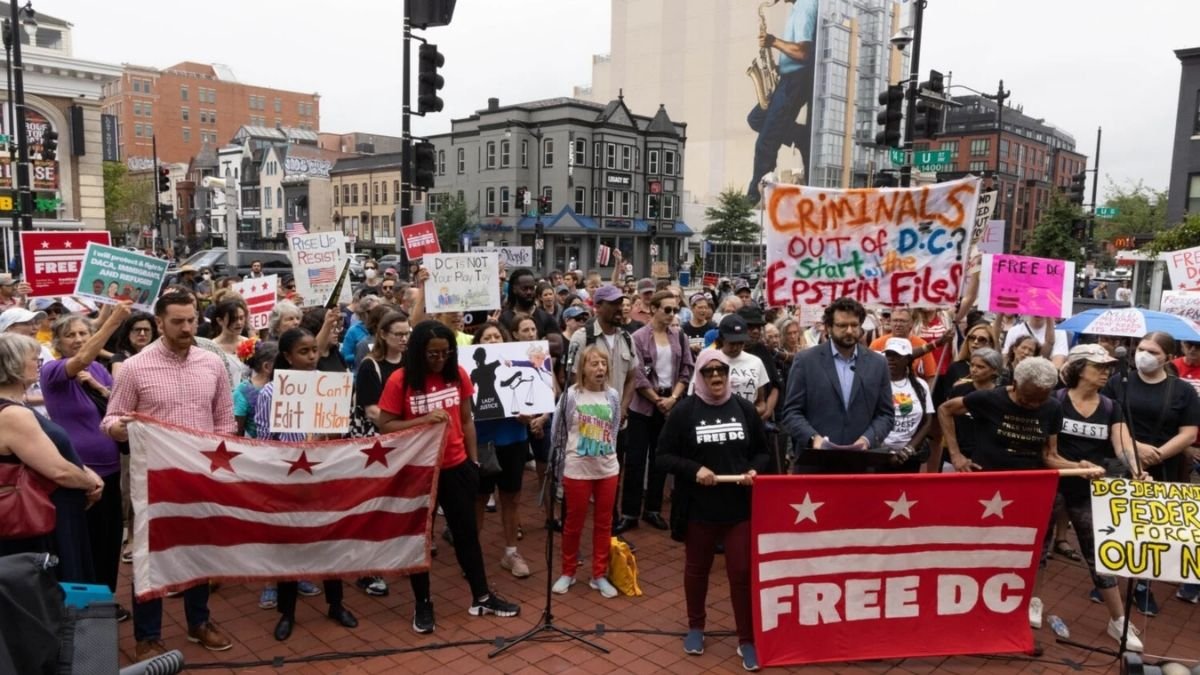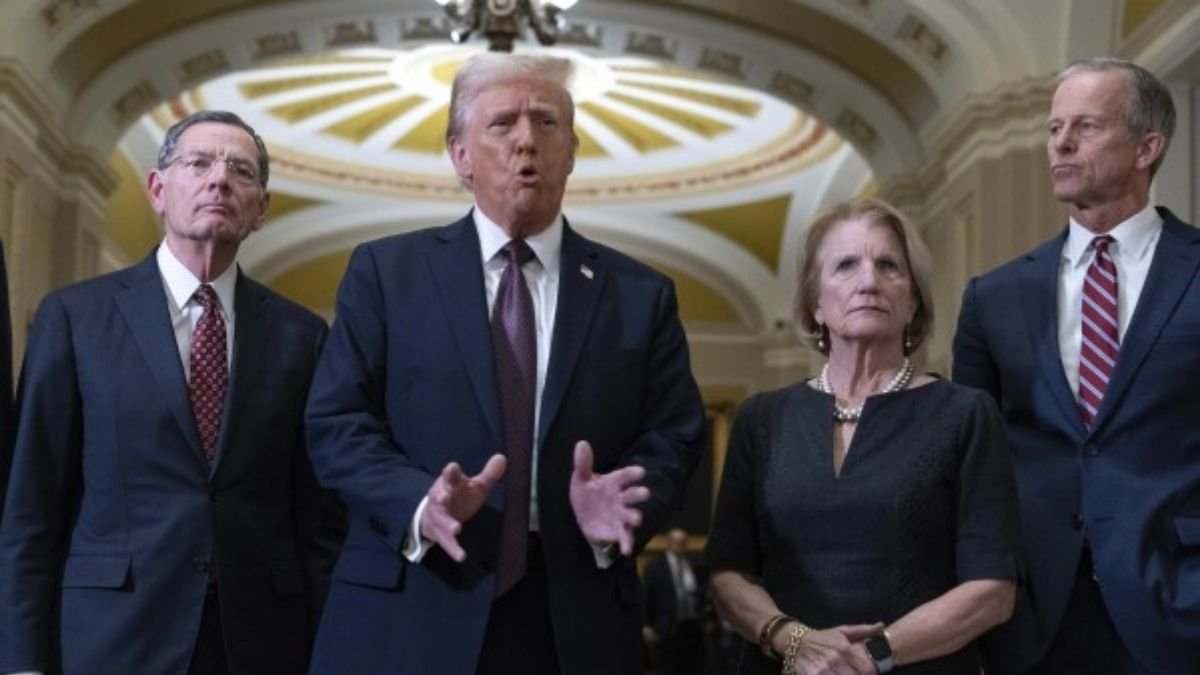The House Oversight Committee announced new developments in its review of the federal government’s handling of the Jeffrey Epstein and Ghislaine Maxwell investigations. Chairman James Comer released the Barr transcript, which details former Attorney General William Barr’s deposition taken in August 2025.
Barr testified that he had no personal connection with either Epstein or Maxwell. He explained that the Attorney General typically hears updates only about cases of national importance. According to Barr, his staff monitored high-profile investigations, including the one led by the Southern District before and after Epstein’s arrest.
In the deposition, Barr stated, “My understanding was that they were investigating whether he committed trafficking offenses, focusing on the exploitation of young women.” He outlined that the probe included both direct participation and the facilitation of crimes. Barr described facilitating as “helping conscript young girls into Epstein’s network,” pointing to how Maxwell became a central figure in later charges.
The Committee also shared letters from former attorneys general. Alberto Gonzalez wrote that he has “no present memory of decisions or conversations relating to the investigation and prosecution of the Jeffrey Epstein matter.” Jeff Sessions stated that he does “not possess knowledge and information relevant to the Committee’s investigation into Epstein-related matters.” Both were subpoenaed for testimony, complying with legal demands.
Chairman Comer sent a letter to the Epstein estate, requesting unredacted versions of cash ledgers, message logs, calendars, and flight logs. Staff have already conducted a private review, but the committee wants full access to meet legislative needs.
Official steps also included sending a letter to the Speaker of the House about actions and ongoing plans. Comer highlighted subpoenas, staff reviews, and oversight goals to ensure a complete examination.
The Oversight Committee released new records from the Epstein estate on September 12, 2025. These files are available in a second set of documents, with a backup for the documents for public access.
Barr stood by his belief that Epstein died by suicide. He said, “Absolutely,” when asked if this remained his opinion, confirming prior statements in the official record. Barr explained that, after Epstein’s suicide attempt in July, he was monitored closely, although later taken off suicide watch by MCC’s psychologists. The Inspector General and FBI found several staff and procedural errors but concluded there was no evidence of a criminal conspiracy, ruling most failures as “screwups” rather than malicious acts.
The Committee’s probe continues as staff review new material and seek answers on report management. Comer stated, “This is about trust and making sure every decision is clear. The public deserves to know the facts without hidden details.” Lawmakers plan to share findings when the investigation ends.
Public attention grows as Congress insists on full transparency throughout the review. New information from subpoenas, records, and staff interviews will help close gaps and build oversight for federal investigations going forward.















